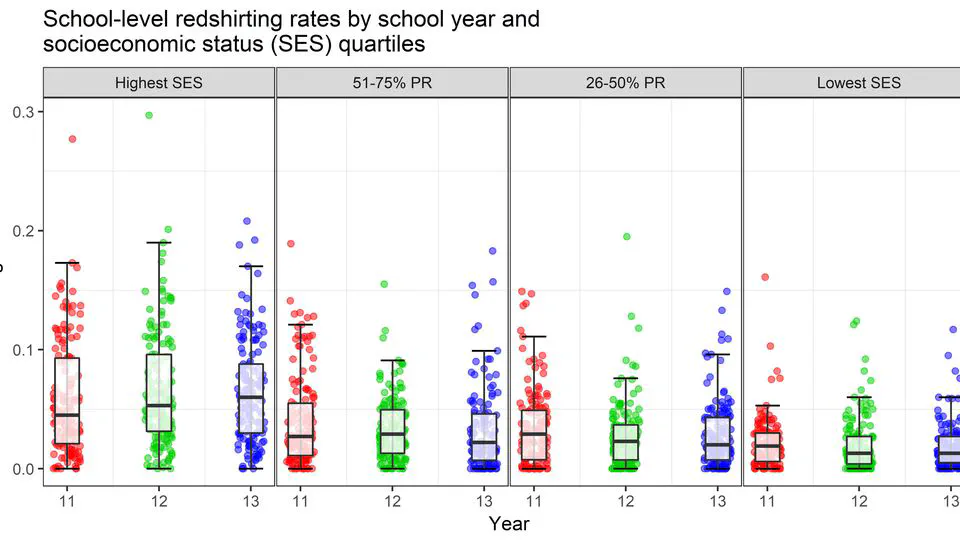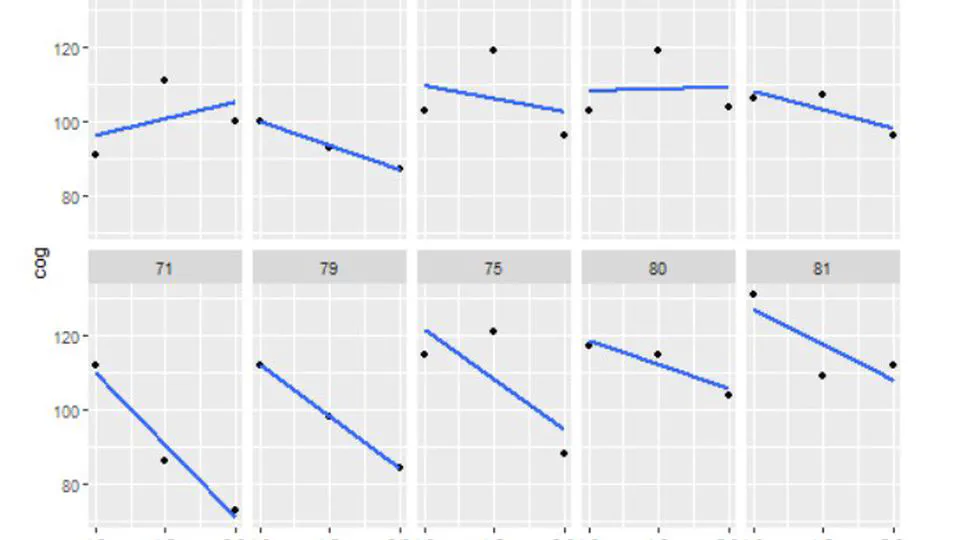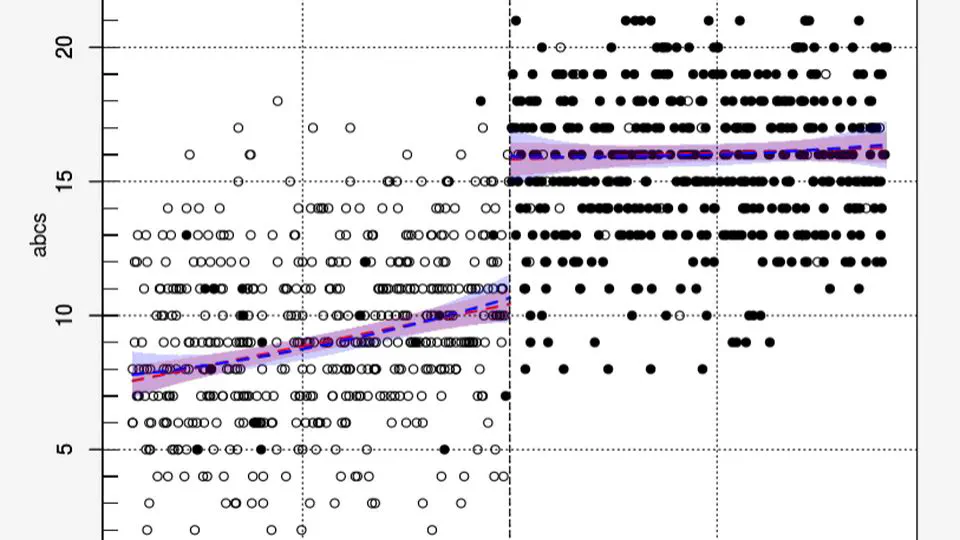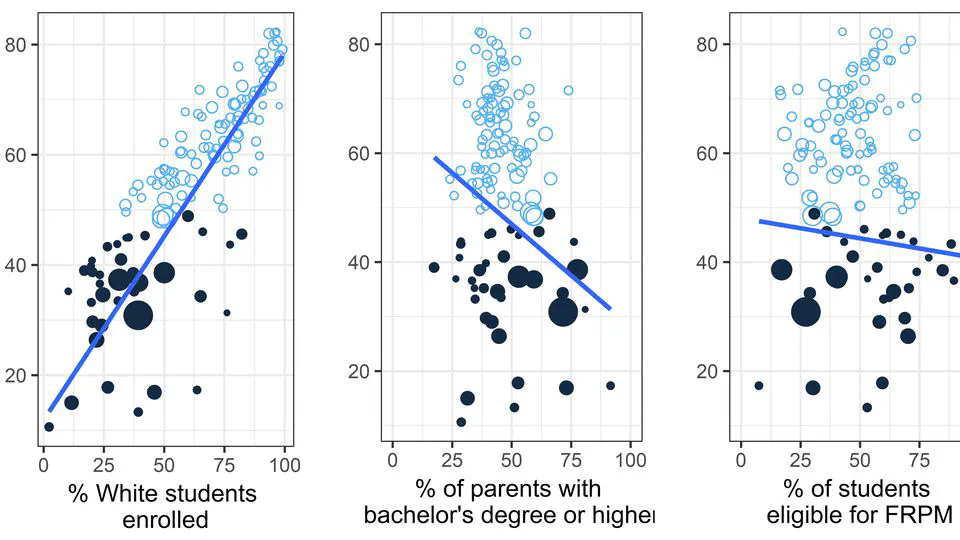Professor / Methodology Co-Director
About Me
I am a Professor in the Department of Educational, School, and Counseling Psychology (emphasis: Statistics, Measurement, & Evaluation in Education) Program in the College of Education and Human Development at the University of Missouri-Columbia. I am an applied quantitative methodologist and currently teach courses related to program (impact) evaluation, multilevel modeling, regression, and data management.
- Analysis of Clustered Data (Multilevel Modeling)
- Measurement of School Climate
- Evaluation and Causal Inference
- Bullying and School Violence
- School Discipline
- Large-scale Assessments
PhD Research, Statistics, and Evaluation
University of Virginia
MA Instructional Technology and Media
Teachers College Columbia University
BS Legal Management
Ateneo de Manila University
See CV for a list of all publications. Use the search feature on the navigation bar to find a paper on a particular topic.
📞 +1 (573) 882-8689
📍 16 Hill Hall, Columbia, MO 65211
📧 huangf@missouri.edu




